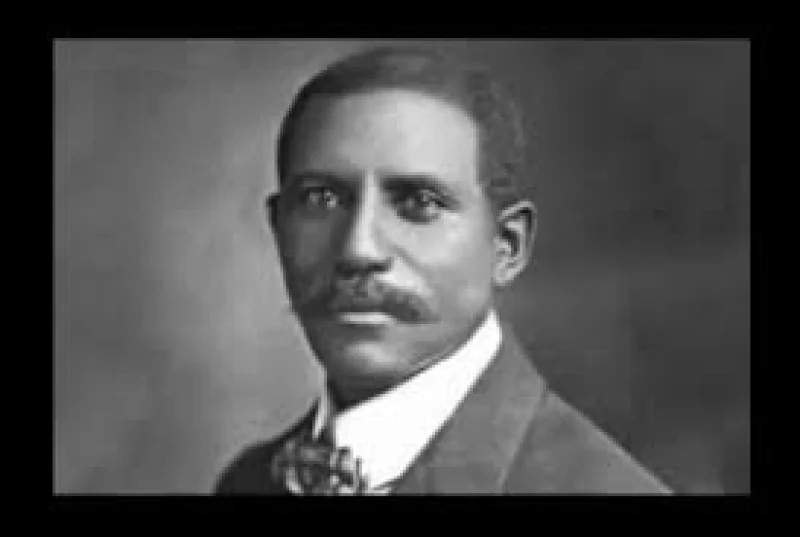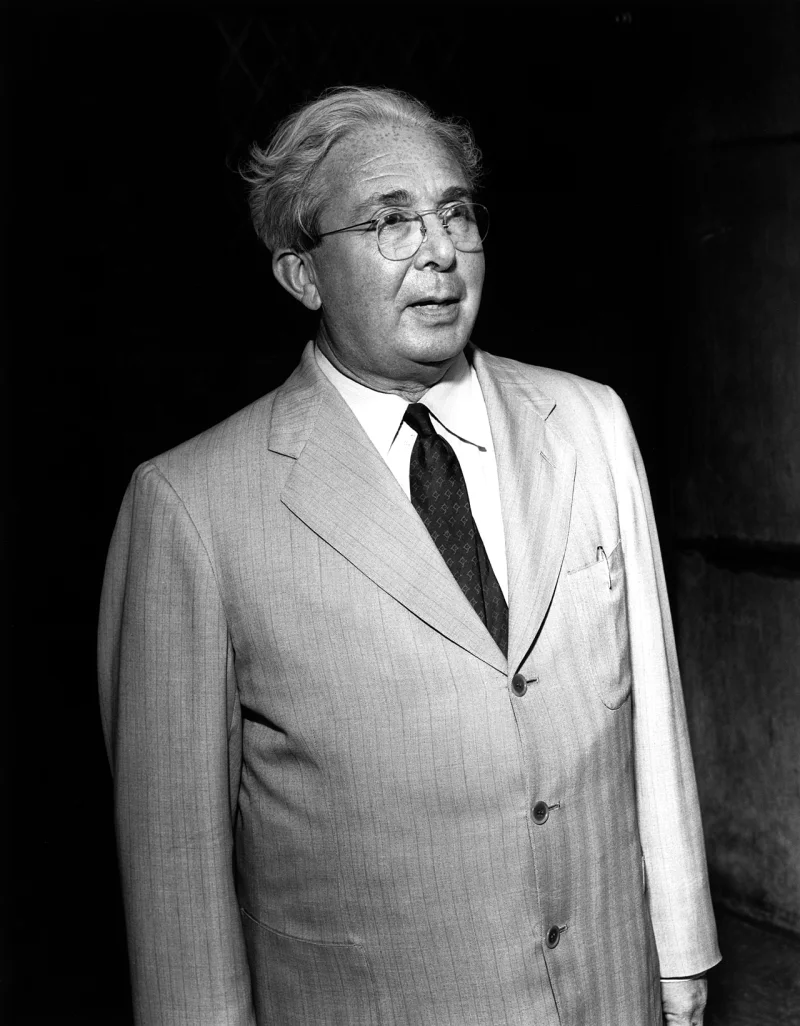Short Summary
Gregor Mendel was a pivotal figure in the field of genetics, known primarily for his groundbreaking work on the inheritance of traits in pea plants. Born in the 19th century, his experiments laid the foundational principles of heredity, now known as Mendelian genetics. Despite limited recognition during his lifetime, Mendel’s discoveries later became a cornerstone for modern genetics, profoundly influencing the study of biology and genetics.
Early Life & Education
Born on July 20, 1822, in Heinzendorf, Austria (now Hynčice, Czech Republic), Mendel grew up in a farming family. His parents, Anton and Rosine Mendel, recognized his academic potential early on. He attended the Philosophical Institute in Olomouc, where he excelled in physics and mathematics. In 1843, Mendel joined the Augustinian Abbey of St. Thomas in Brno as a monk, which provided him with the resources to pursue his scientific interests. Influenced by his teachers, Mendel developed a keen interest in natural sciences, leading him to focus on plant hybridization experiments.
Career Highlights
Mendel's most significant work took place at the Abbey of St. Thomas, where he conducted extensive experiments on pea plants from 1856 to 1863. These experiments led to the formulation of what are now known as Mendel's Laws of Inheritance: the Law of Segregation and the Law of Independent Assortment. His work was published in 1866 in the scientific journal "Naturforschender Verein," but it went largely unnoticed during his lifetime. Mendel also served as the abbot of the monastery from 1868 until his death, balancing administrative duties with his scientific pursuits.
Major Achievements
- Formulated the Laws of Inheritance: Established fundamental principles such as the Law of Segregation and the Law of Independent Assortment.
- Pioneering Genetic Research: Conducted groundbreaking experiments on pea plants, establishing methods for studying heredity.
- Influence on Modern Genetics: His work laid the groundwork for the development of the field of genetics in the 20th century.
Famous Quotes
- "My scientific studies have afforded me great satisfaction; and I am convinced that it will not be long before the whole world acknowledges the results of my work."
- "The value and utility of any experiment are determined by the fitness of the material to the purpose for which it is used and by the correctness of the method by which it is conducted."
Interesting Facts
- Mendel was not initially recognized as a scientist; his work was rediscovered in 1900, decades after his death.
- He meticulously grew and studied over 28,000 pea plants over eight years.
- Mendel's work was initially ignored by the scientific community during his lifetime.
Legacy / Influence
Gregor Mendel's work fundamentally changed the understanding of genetic inheritance and laid the foundation for modern genetics. His principles are still taught in biology courses worldwide, and his methodologies continue to influence genetic research. Mendel is often referred to as the "Father of Genetics," highlighting the profound and lasting impact of his discoveries on the scientific community and beyond.
FAQ
Q: Why is this person famous?
A: Because of his pioneering work in genetics, establishing the fundamental laws of inheritance.
Q: What did Mendel study in his experiments?
A: He studied the inheritance patterns of traits in pea plants.
Q: When were Mendel's contributions recognized?
A: His work was rediscovered and recognized as significant in the early 20th century.
Q: Where did Mendel conduct his famous experiments?
A: At the Abbey of St. Thomas in Brno, now in the Czech Republic.













